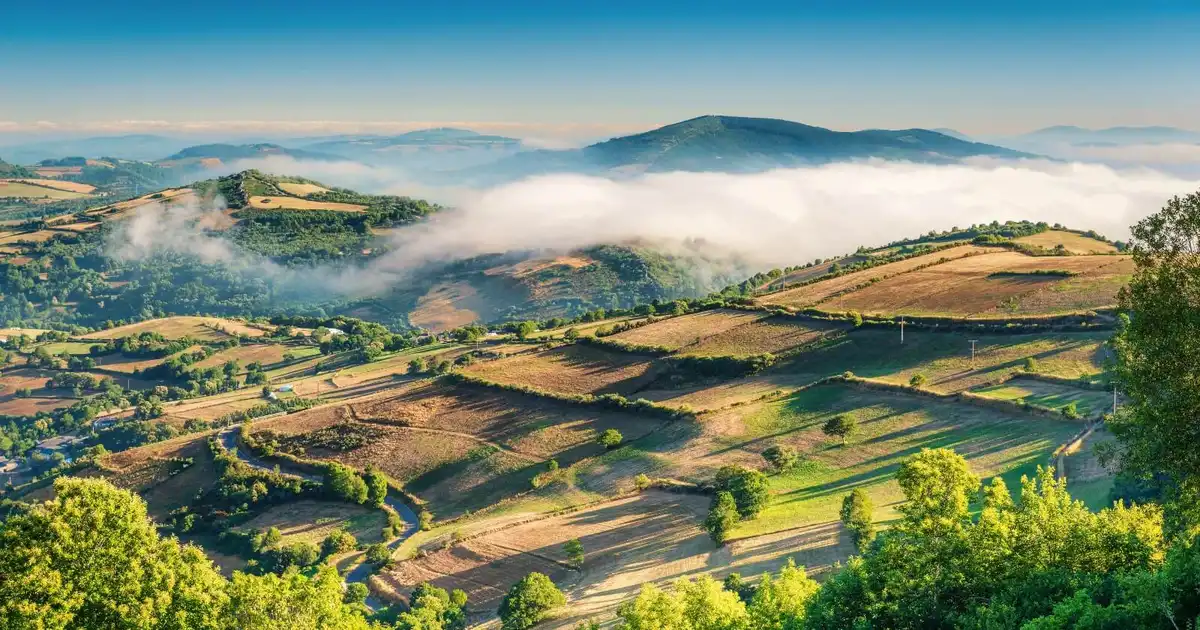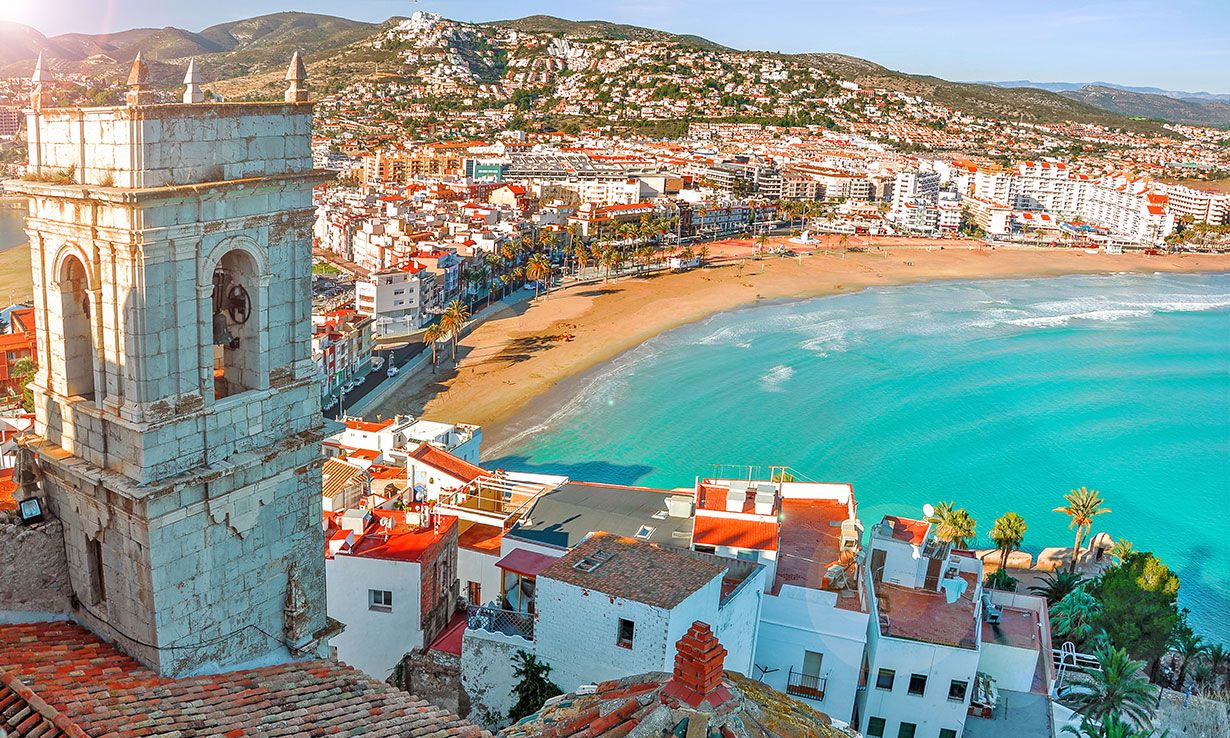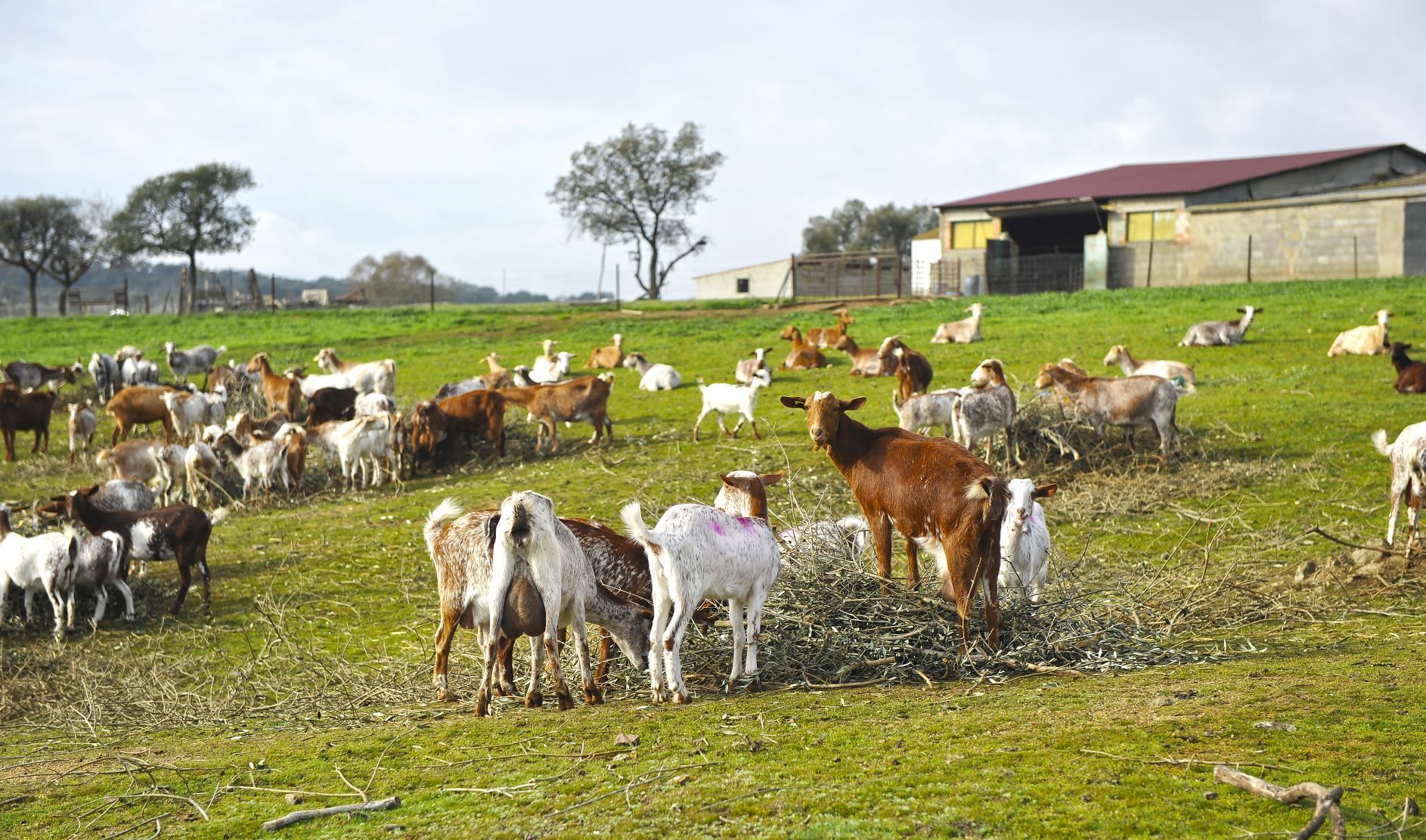
The Spanish Minister called on people to reduce meat consumption to fight climate change
People in Spain have been urged to reduce their meat consumption to help tackle the climate crisis. Government officials have warned early that if this climate incident is not effectively resolved, it will have a negative impact on the planet, as well as Spain's tourism industry.
Spain's Minister of Consumer Affairs, Alberto Garzón, spoke to the Guardian about the increasingly urgent issue. He explains that in Spain, the environmental impact of food has long been pushed aside.
“People here know somewhat about the impact of greenhouse gases in climate change, but they tend to associate it with cars and transportation,” Garzón told the newspaper.
“Only recently have people started to look at the impact of the animal consumption chain and in particular the impact of beef. Other countries are quite advanced about it but in Spain it's taboo. "
In September, a report found that 20 livestock companies are responsible for more greenhouse gas emissions than entire countries - including the UK, France or Germany.
Furthermore, the five largest meat and dairy producers were found to be responsible for the same amount of greenhouse gases as Exxon, one of the largest oil and gas companies on the planet.
“If we don't act, it won't just be climate change we're facing - it will be a three-fold crisis: biodiversity loss; pollution, and climate change; The Minister said.
Spain's tourism industry
Spain is said to consume more meat than any other EU country.
Garzón notes that Spain's terrain is particularly vulnerable to the symptoms of the climate crisis.
“That would be the end of a country like Spain. Spain is a country in the Mediterranean basin - it's not the UK or Germany - and desertification is a very serious problem for our country, not least because it depends on too much on travel. Visiting a desert is not quite as exciting as visiting the Costa del Sol,” he told the Guardian.

Garzón takes issue specifically with “big farms.”
“They found a village in a densely populated part of Spain and brought into it 4,000, 5,000 or 10,000 head of cattle. They pollute the land, pollute the water and then they export poor quality meat from these poorly treated animals,” the politician explained.

Backlash
In July, Garzón introduced a campaign encouraging people to eat less meat. At the time, he emphasized that Spain consumed more meat than any other EU country.
About 70 million pigs, cows, sheep, goats, horses and birds are slaughtered for food every year in Spain. Furthermore, 15,000 liters of water are required to produce just one kilogram of meat, he said.
The environmental protection campaign has faced many criticisms. When Spain's prime minister, Pedro Sánchez, was questioned about the initiative, he quipped: "Personally speaking, a medium-rare steak is hard to beat."
In his most recent interview with the Guardian, Garzón noted that it is men who are receiving most of the criticism. The minister guessed that they “felt their masculinity would be affected by not being able to eat a steak or roast.”
“We knew from the beginning that this issue would be controversial, but this needed to be done,” he added. “Other countries – like Germany, the UK and France – are ahead of us on this issue. This is the first time in Spain that someone in the government has said what scientists have been saying for a long time. "
In 2019, Oxford researchers published the largest ever analysis of the impact of agriculture on the planet. Lead researcher Joseph Poore concluded that: “A vegan diet is probably the single biggest way to reduce your impact on the Earth, not just greenhouse gases but also global acidification, eutrophication , land use and water use”.
From: Plant-based-news

